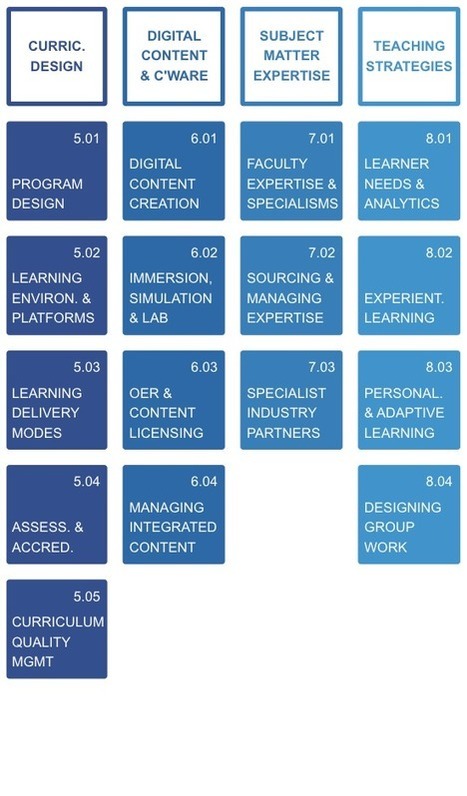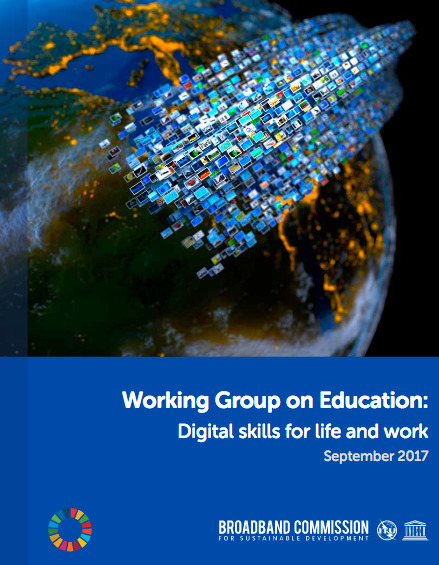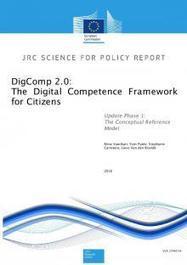The Higher Education Digital Capability framework identifies four core dimensions along the learner lifecycle: Demand & Discovery (DD), Learning Design (LD), Learner Experience (LX) and Work & Lifelong Learning (WL). Within these are sixteen capability groups or ‘domains’, with more than 70 capability blocks adding a further level of detail. Overall, the framework is designed to allow flexibility and interpretation in context; some institutions will find almost every capability block relevant to their organisational structure, activities and aspirations, whilst others will focus on a more specific set of capabilities applicable to their individual context.
Get Started for FREE
Sign up with Facebook Sign up with X
I don't have a Facebook or a X account
 Your new post is loading... Your new post is loading...
 Your new post is loading... Your new post is loading...

Alejandro Rodríguez's curator insight,
October 10, 2017 2:27 PM
Certainly, all the world around, everybody relies on technology more than they imagine or want. This is an interesting report to explore the challenges of this new reality.

Willem Kuypers's curator insight,
October 10, 2017 4:15 PM
Quelques exemples de l'apprentissage à l'aide du numérique partout dans le monde.

Nik Peachey's curator insight,
May 8, 2017 7:21 AM
Increasingly what I see is universities wanting to do the same things they have always done and in the same way but with a dash of digital delivery. |

Fiona Harvey's curator insight,
July 5, 2016 8:19 AM
Extremely thorough and now updated digital competence framework. Useful for setting up skills and development of digital skills.

Fiona Harvey's curator insight,
December 6, 2014 6:33 AM
More practical way of talking about digital literacies with employers - both for business and those in education. 'Digital Capablities' means more to business organisations than literacy probably would. The line is getting blurry between the two groups as we employ more administrative staff and leaders without an education or research background. Maybe we just need to learn to talk the talk more often and then we can communicate and create change that way. |

















